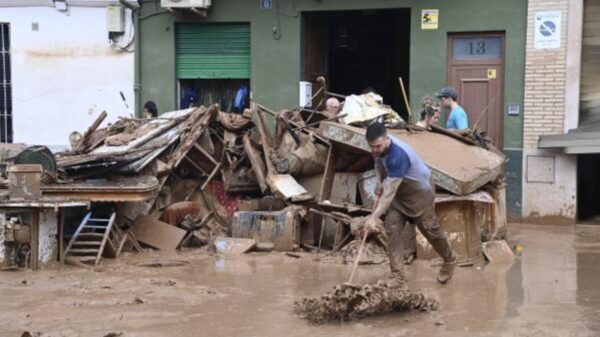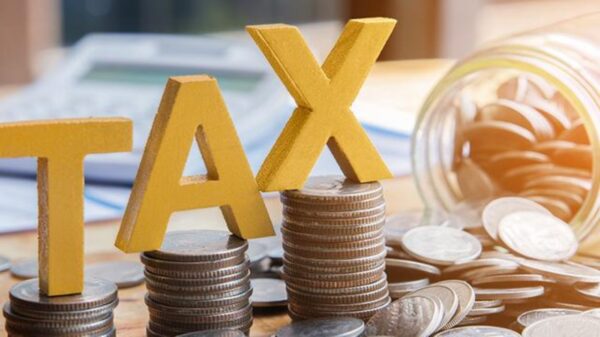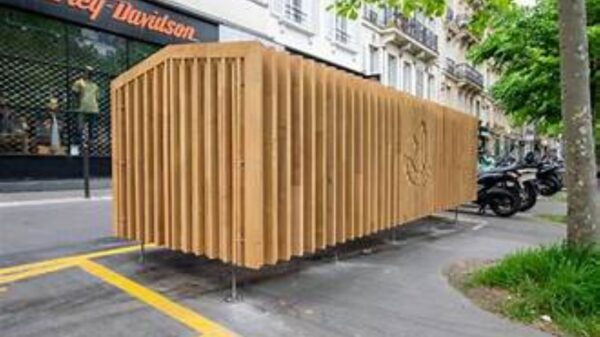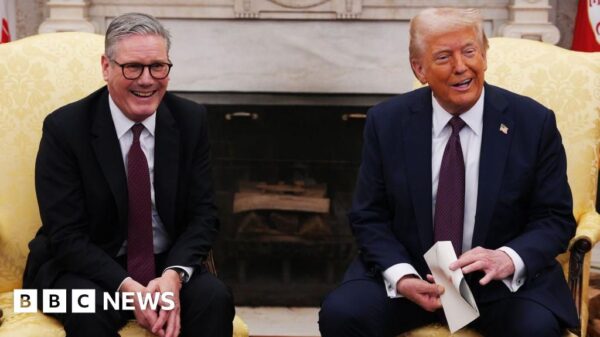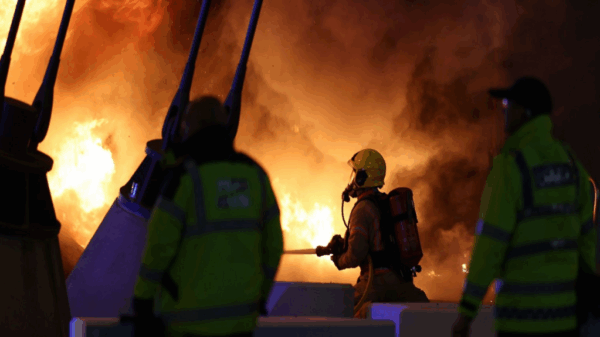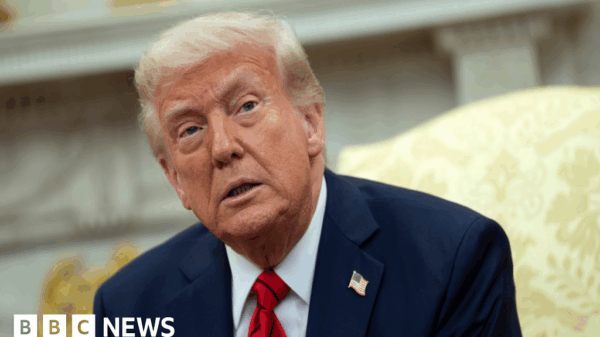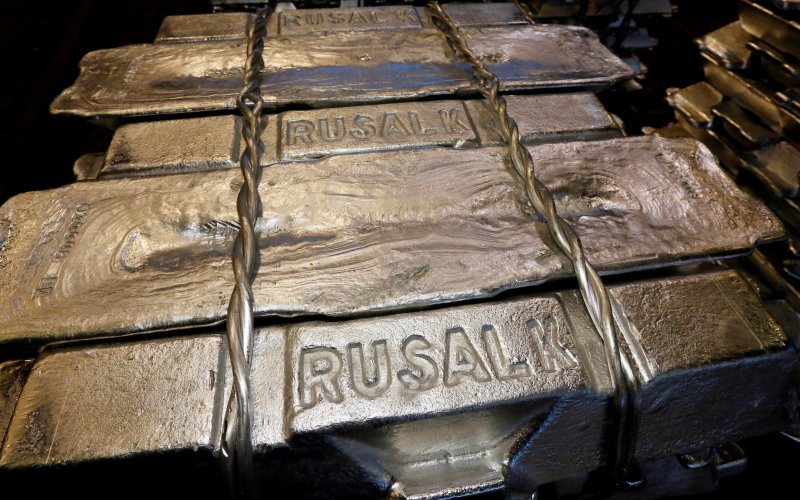The European Union is preparing to sanction Russian-made aluminium, according to a Reuters report. Restrictions on its shipments to the EU have long been under discussion and may be imposed in the coming months. The upcoming ban could significantly harm the EU’s transition to a green economy.
Aluminum is the second most popular metal in the world after steel. It has unique characteristics such as lightness, strength, ductility, corrosion resistance, and almost infinite recyclability. For this reason, it is used in various industries, including construction, machinery, electronics, and packaging.
The most important and growing application of aluminium is linked to the energy transition. The metal is used in electric vehicles to reduce their weight and increase the range of the electric motor. European automakers – including well-known brands such as Mercedes, Porsche, and BMW – are betting on low-carbon aluminium because it reduces the carbon footprint of the entire supply chain.
In addition to the automotive industry, aluminium is in demand in renewable energy, where it is used for cables connecting solar or wind power stations to the grid.
Companies in the green economy need to buy aluminium with minimal carbon emissions. However, half of the world’s aluminium is still smelted using electricity from coal-fired power plants. Russian aluminium is a strong competitor in the global market thanks to its use of hydroelectric power in Siberian rivers. The carbon footprint of such aluminium is 70% lower than the industry average.
Since the end of last year, the European Union has begun the transitional stage of introducing the Carbon Border Adjustment Mechanism (CBAM), a mechanism which will levy taxes on imported goods depending on the carbon footprint from their production and the price of carbon credits in the EU. The full implementation of CBAM is planned for 2026. This makes it even more important to reduce the carbon footprint of products supplied to Europe.
Russia has been an important supplier of low-carbon aluminium globally. Its exports to the United States have plummeted to a minimum since a 200% import tax was imposed last year. However, shipments of Russian aluminium to the European Union still exceed 0.5 million tons per year and cover about 8% of the EU’s needs. While officials in Brussels are planning to ban Russian-made aluminium, replacing these volumes will be difficult.
The situation in the European aluminium market is already challenging. Over the past few years, more than 50% of European capacity for primary aluminium production has closed due to excessively high electricity prices – the main cost item of aluminum production. European smelters that use cheaper hydroelectric power are unable to significantly increase production to replace the volumes of Russian low-carbon aluminium, which will be cut off from the market.
In the absence of the Russian metal, European customers will have to buy aluminum from producers in the Middle East, including the UAE, Oman, and other countries. However, aluminum from this region has a higher carbon footprint, which contradicts the climate goals of the EU. Moreover, its price will be higher, partly due to the risks of attacks by Houthi rebels on trading vessels in the Red Sea, which have already damaged global trade.
In the absence of Russian aluminum, European customers will have to buy aluminium from producers in the Middle East, including the UAE, Oman, and other countries. However, aluminum from this region has a higher carbon footprint, which contradicts the climate goals of the EU. Moreover, its price will be higher, partly due to the risks of attacks by Houthi rebels on trading vessels in the Red Sea, which have already damaged global trade.
The ban on Russian aluminium could seriously harm the green agenda of the European Union. European buyers and processors will be forced to use more “dirty” aluminium, which means their products will become less competitive – both globally, which is already happening with European cars and energy equipment, as well as in the EU domestic market. In such conditions, many European aluminium consumers will be put on the brink of survival, and the process of the green transition in the EU could be jeopardized.


